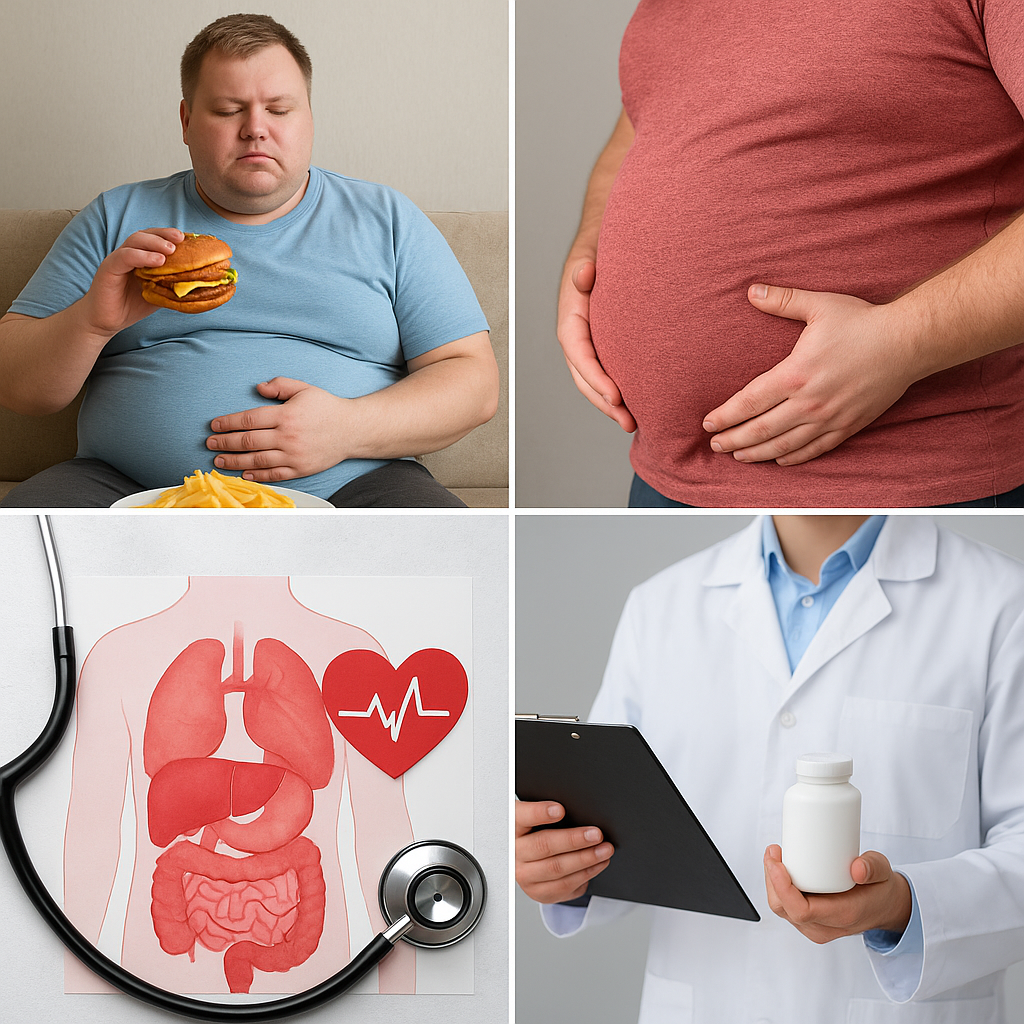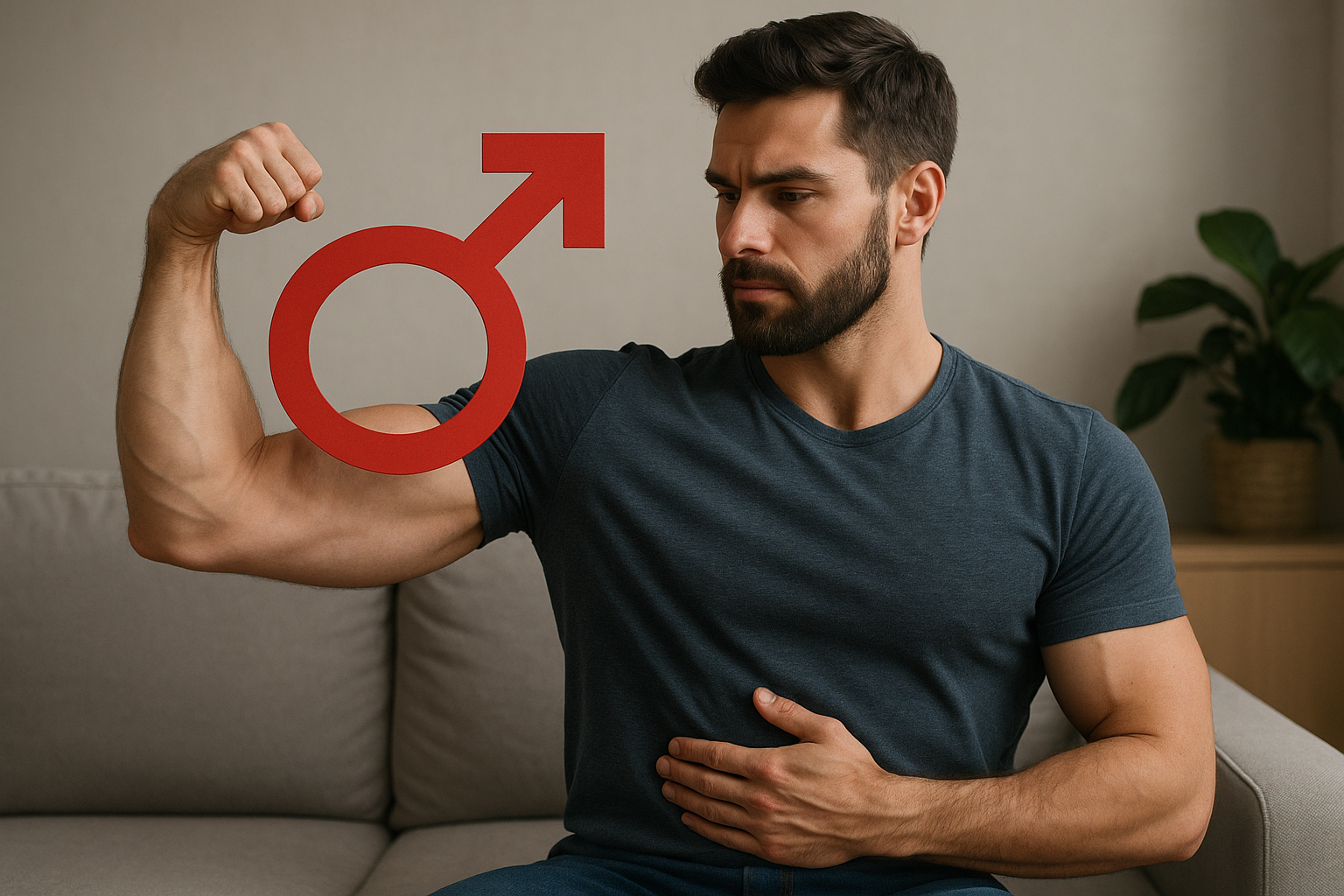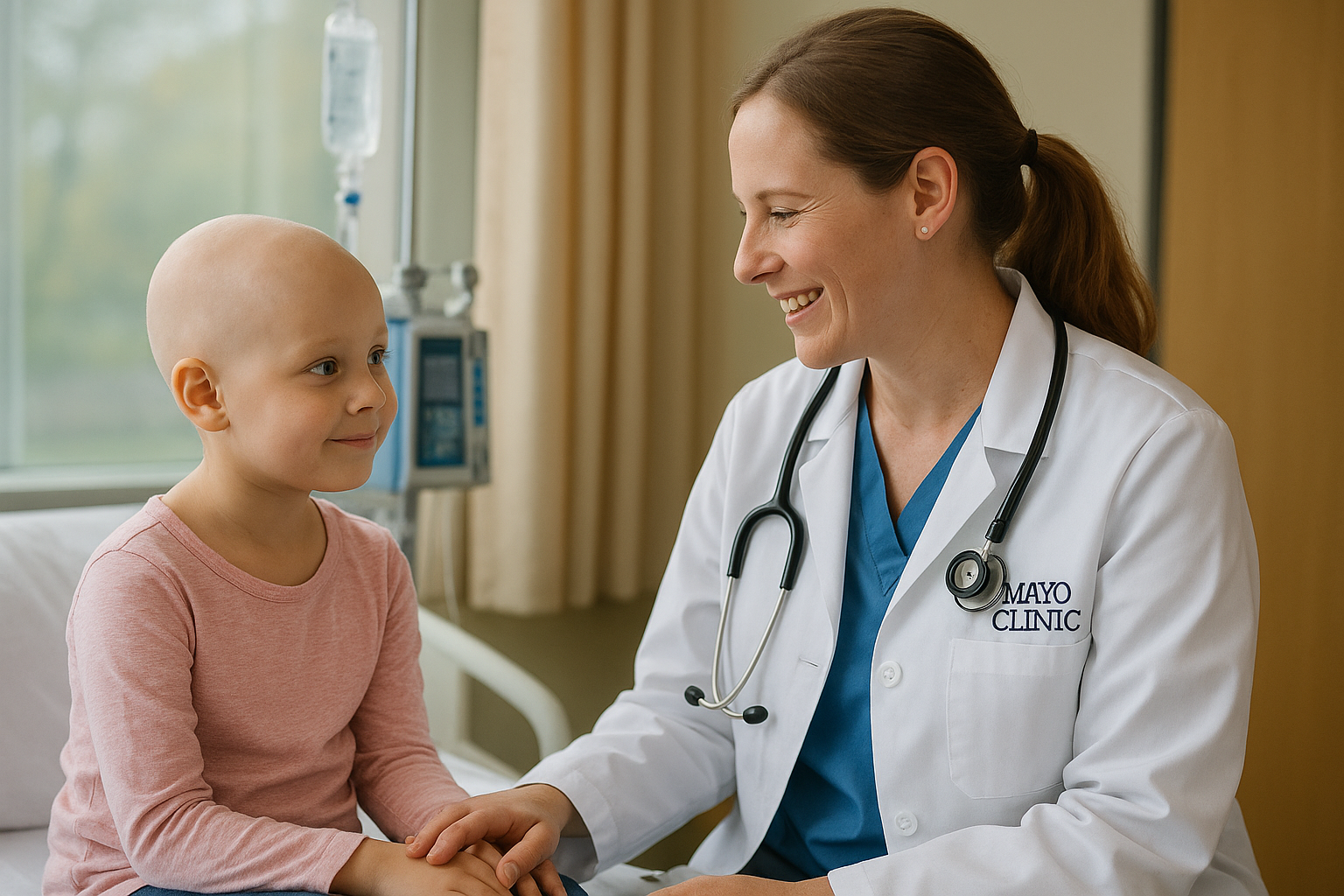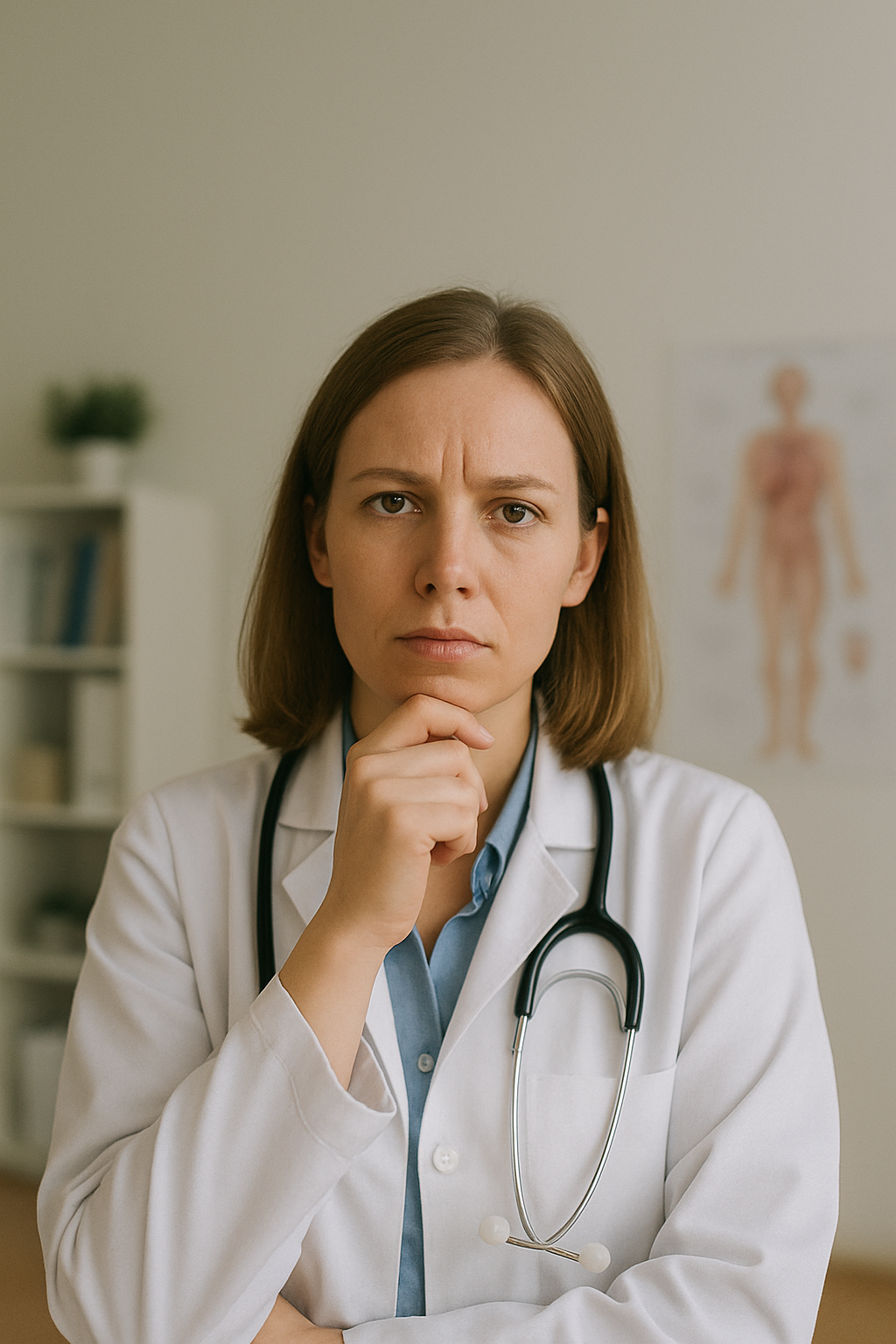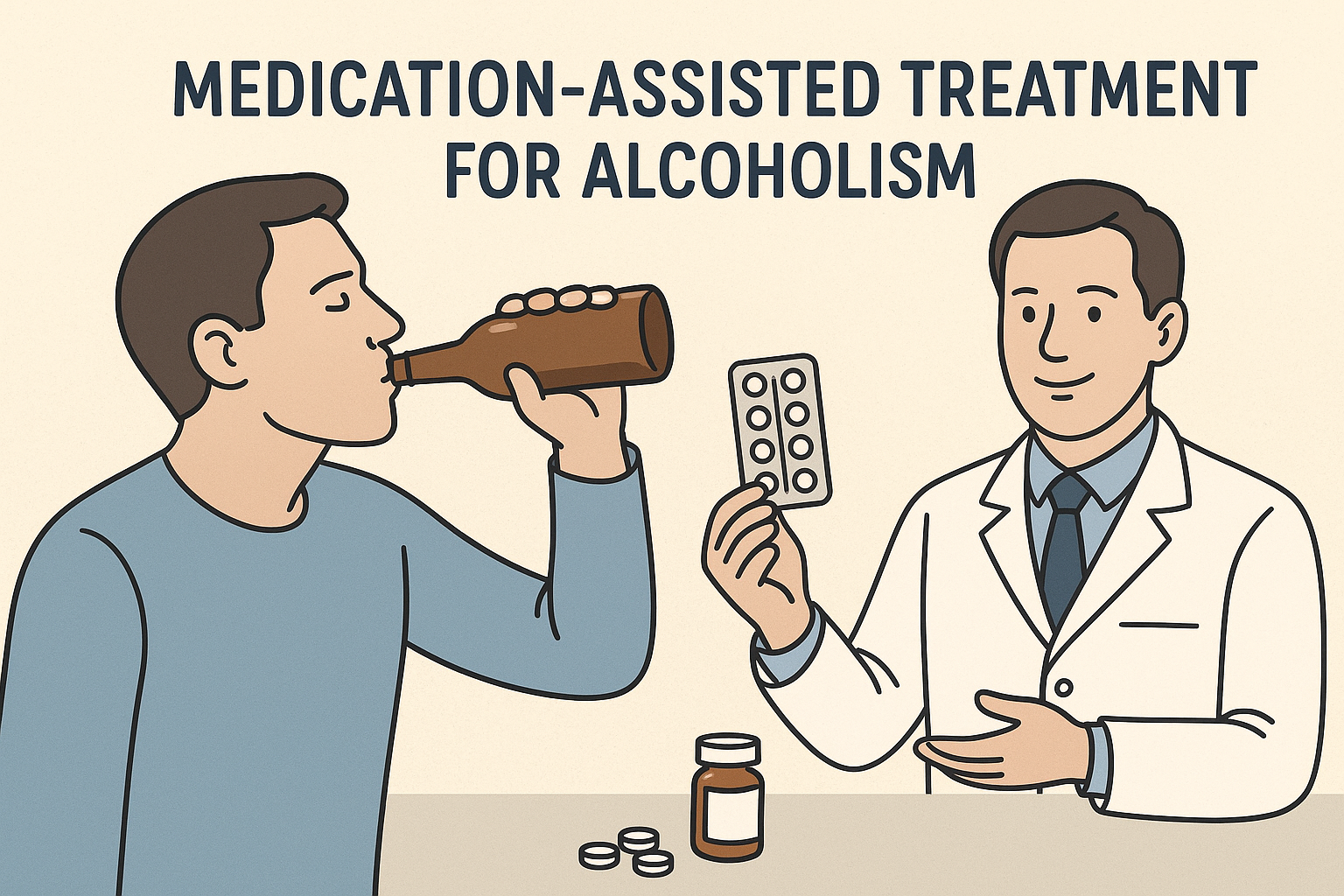
Alcoholism is not just a bad habit; it is a serious chronic disease that affects both physical and mental health. Treatment for alcoholism is always comprehensive and includes psychological support, social adaptation, and medicinal therapy. Medicinal treatment specifically helps reduce cravings, ease withdrawal symptoms, and support the rehabilitation process.
How Medicinal Treatment Works
Medicinal treatment of alcoholism focuses on several key aspects:
-
Reducing Alcohol Cravings
Some medications alter the body’s response to alcohol, making the desire to drink less intense. This helps people abstain more easily. -
Alleviating Withdrawal Symptoms
Withdrawal syndrome includes physical and psychological symptoms after stopping alcohol. Medications can reduce anxiety, tremors, insomnia, and other unpleasant effects. -
Preventing Relapse
Certain drugs create an unpleasant reaction to alcohol or stabilize mental health, lowering the risk of relapse.
Main Types of Medications
-
Disulfiram: Causes negative physical reactions to alcohol (nausea, palpitations), helping to avoid temptation.
-
Naltrexone: Blocks alcohol’s “pleasure effect” in the brain, reducing satisfaction from drinking.
-
Acamprosate: Supports the chemical balance in the brain, helping maintain long-term abstinence.
-
Benzodiazepines: Used short-term to relieve acute withdrawal symptoms.
Important Considerations
-
Only Under Medical Supervision
Medicinal treatment of alcoholism requires professional monitoring to avoid complications and side effects. -
Combined with Psychotherapy
Medications work better in combination with psychological support, Alcoholics Anonymous groups, or cognitive-behavioral therapy. -
Individual Approach
Each patient has unique factors: stage of dependence, presence of other illnesses, and mental state. Medication type and dosage are determined by a doctor.
Conclusion
Medicinal treatment of alcoholism is an effective tool in comprehensive rehabilitation. It helps reduce alcohol cravings, ease withdrawal symptoms, and support the recovery process. It is important to remember that medication is only part of therapy, and the best results are achieved in combination with psychological support and lifestyle changes.
